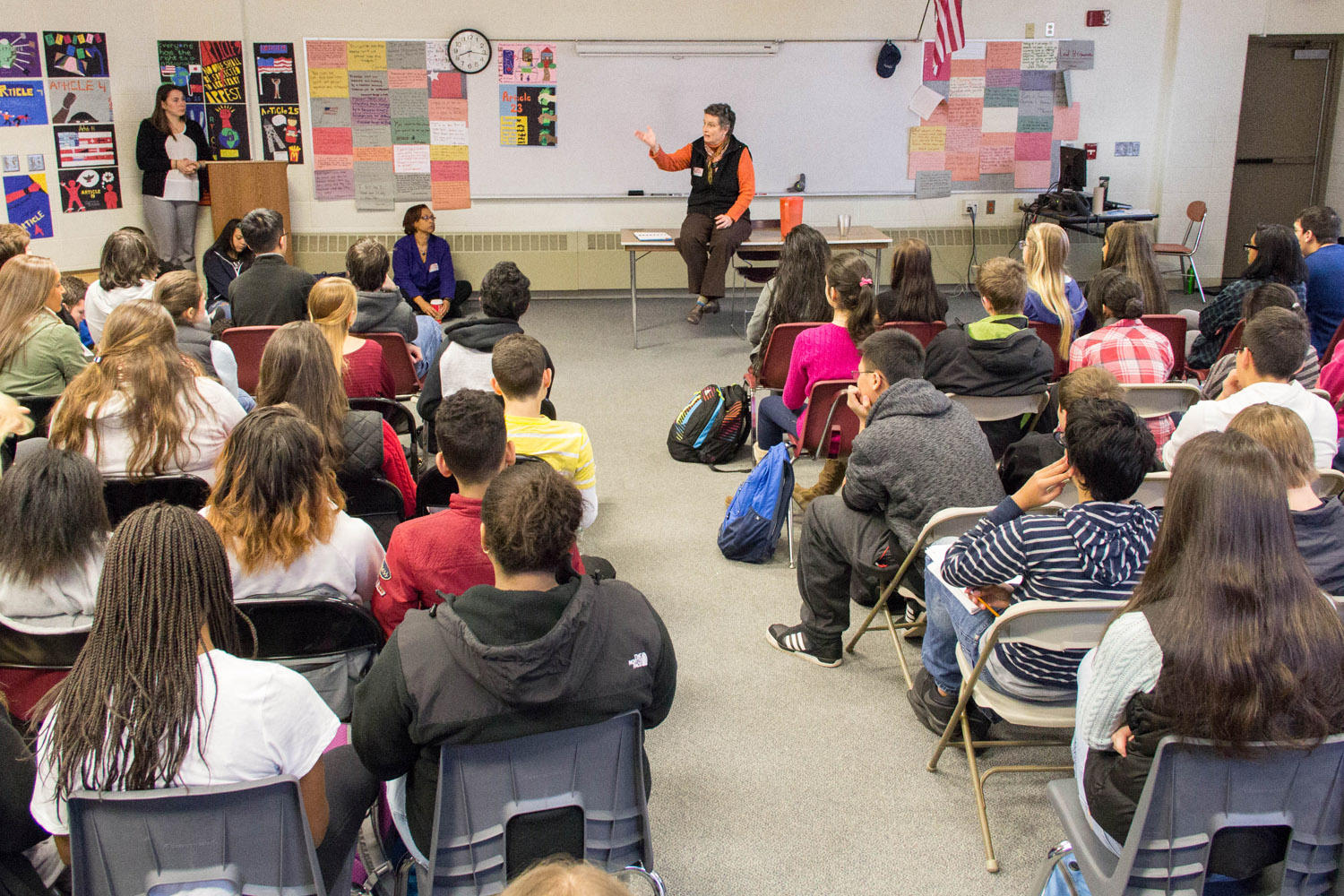Too often do I hear professors say things such as, “You guys should be working on your assignments at home.” The keys words here are “you guys.”
Since “guy” is a gendered word excluding women and those who identify outside of the binary, addressing a diverse group this way is misgendering.
More professors should work towards creating an inclusive classroom.
In this example, many people may view this as “just how our society runs” or, as my professor said, “it’s akin to how people say y’all in the south.” The question is, why can’t professors switch to “y’all” or just “students”? These words include everyone, regardless of gender, so they would be much more ideal than misgendering students.
Another way professors can be more inclusive is asking students their pronouns. It can be hard for students who have pronouns outside of the binary to address their professors about them.
Instead, it would be so much easier if professors just sent out an email to all students asking their pronouns so no one is misgendered during class meetings.
Alternatively, professors could just include pronouns in introductions in the beginning of the semester.
In addition to pronouns, names are another topic that should be discussed. While Canvas names can be changed through the help of Brian Edwards, the director of the LGBTQ Center, other school systems such as ID cards and the school’s roster do not reflect those names. This causes difficulties for students who go by a name other than their legal name, transgender students being a prominent example.
To alleviate the pressures of having the wrong name read in attendance or in class, professors should also ask students for their preferred names when asking for pronouns.
Classroom interaction is not the only time students see examples of inclusiveness. They can even see it in the course material. A great way to be more inclusive is in classroom discussions and assignments. A literature professor could assign an LGBTQ-related novel or a film professor could have their class view “And the Band Played On” or “Before Stonewall.” A freshman writing class could ask students to explore their identities in a paper or a health class can focus on healthy sexuality for the LGBTQ community. There are so many opportunities for professors to immerse their classes in inclusive content.
Recently, a professor of mine said that what she loves about Montclair State that sets it apart from other schools is its inclusiveness and how there are organizations for so many different groups of people. While this is true, why can’t these great attributes of our school expand to inside the classroom as well?
If professors made an effort to be more inclusive in language and realized student’s diversity, I think that could be another thing that sets us far apart from other schools.



